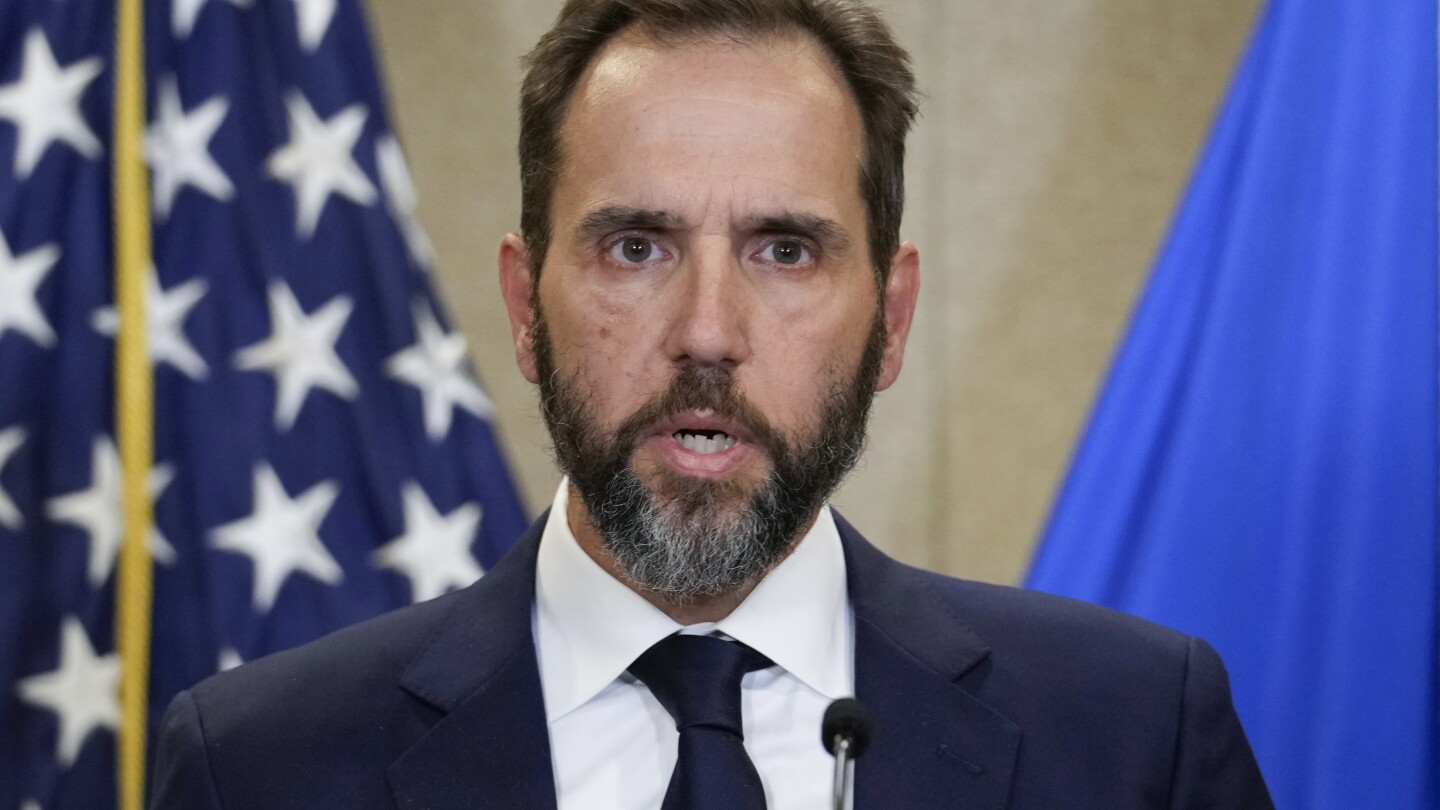Special counsel Jack Smith on Monday asked the Supreme Court to take up and rule quickly on whether former President Donald Trump can be prosecuted on charges he plotted to overturn the 2020 election results.
Smith made his request for the court to act with unusual speed to prevent any delays that could push back the trial of the 2024 Republican presidential primary front-runner, currently set to begin March 4, until after next year’s presidential election.
Later Monday, the justices indicated they would decide quickly whether to hear the case, ordering Trump’s lawyers to respond by Dec. 20. The court’s brief order did not signal what it ultimately would do.



The writers of constitution of the United States were advocates of the “Rule of Law”.
https://en.wikipedia.org/wiki/Rule_of_law
For those not in the know, it’s a legal philosophy saying that the laws should apply equality to everyone. The constitution writers disliked that the King was above the law. They wanted no one to be above the law.
Now we get to see if the Supreme Court still believes in the rule of law.
They were also deists who wanted separation between church and state, (at the time because of the Church of England.) Interesting how supposedly originalist conservatives often want a theocracy.
They were a diverse group of people with wildly different views on things, and most states had some form of religious establishment at our founding. Remember, the cotus was originally a restriction only on the federal government, and didn’t extend to the states until the 14th amendment after the civil war.
Plenty wanted, and had, state supoortes religion. Plenty meant freedom of religion for Christians.
Which is why this is such a contentious issue… It’s always been that way.
Thank you for that.
We’ll have to look into what witch hunting jurists of the 1600s thought first.
deleted by creator
Sovereign Immunity is calling and would like a word.
In the United States, sovereign immunity only immunizes the government against lawsuits. It doesn’t provide an individual with immunity against criminal prosecution.
Yes, the comment was about the rule of law and nobody being above the law. Sovereign immunity puts certain people above certain laws (i.e. can’t sue the cop that barrels down the street at 75mph in a 25 mph zone and kills a pedestrian. (Or in some states there are damages caps.)) Any regular Joe would not get such immunity. So, we already have asterisks in our rule of law system–where a certain class of people are not subject to the same laws as others–one being sovereign immunity. Corporate protections arguably being another. A corporation can be guilty of a criminal charge but not necessarily the actual people that made the crime happen, which is seemingly absurd. Or you can’t sue corporate execs individually even if it was their personal actions that led to harm to others, as long as it was done within the course and scope of their employment. For example, upper level execs know they are polluting and causing harm to environment/people. You can sue the company, but you’re likely not going to be able to pierce the corporate veil to get to the execs who actually committed the act.